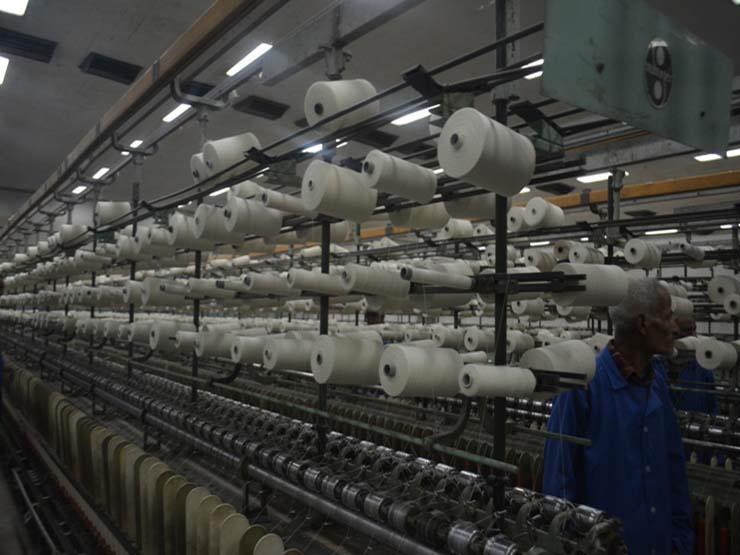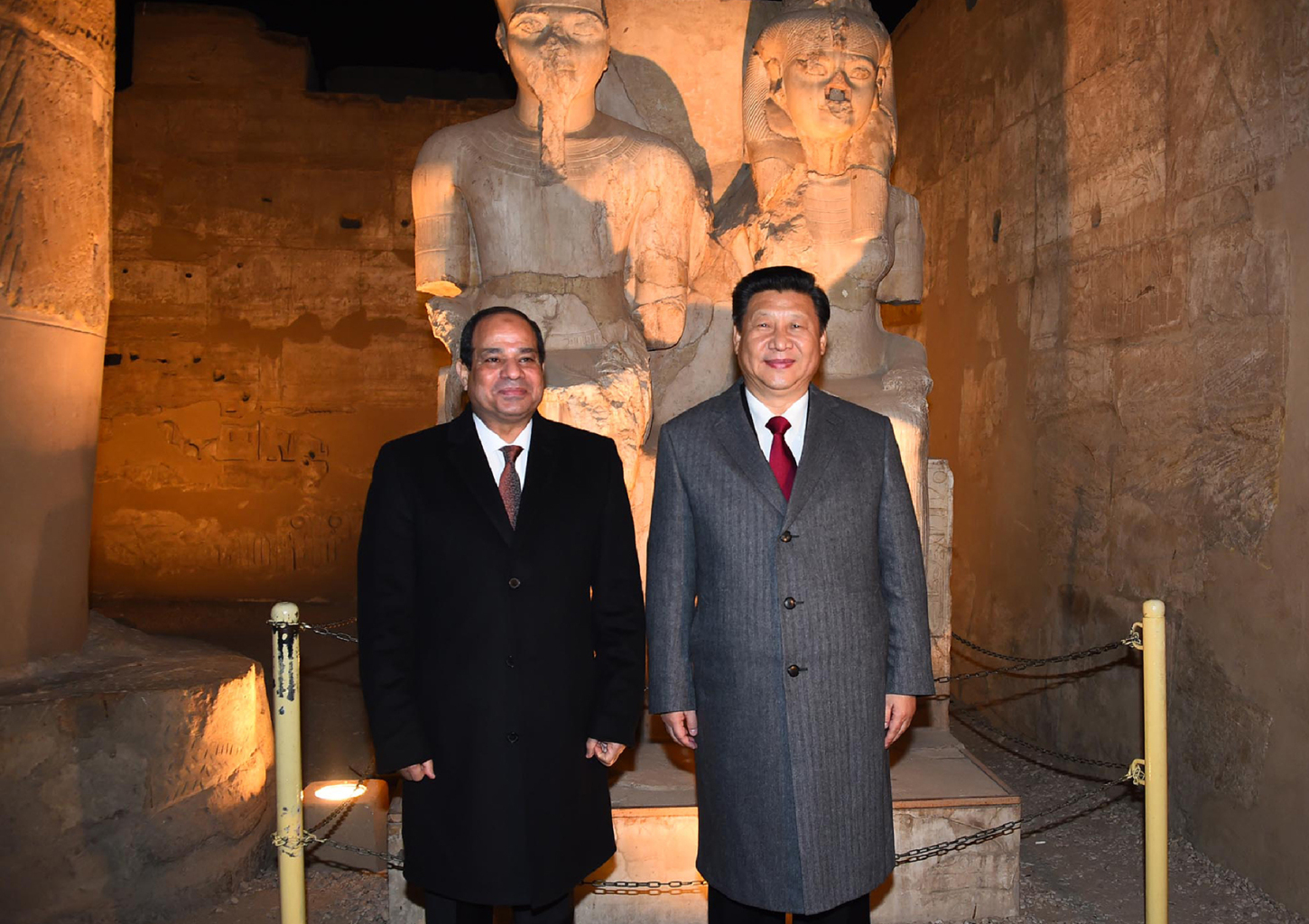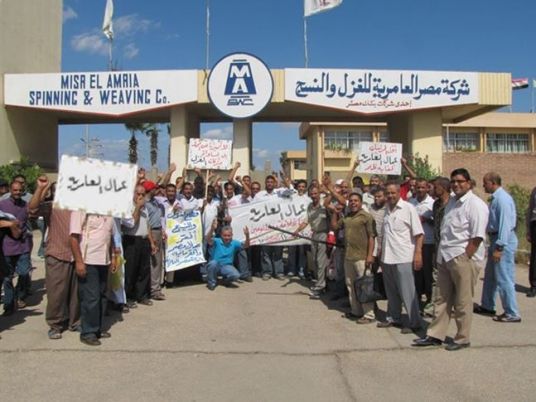Facing a supply shortage, Mahallah factory owners said they would give the government until Sunday to respond to their demands that Egypt stop exporting raw cotton and cancel export suport for yarn.
The owners agreed that if their demands are not met, they will close the factories and refuse to pay workers' wages, according to No'man Abu Qamar, a member of the Assembly of Textile Factory Owners and the Furniture Export Council.
The shortage and price increase of raw materials are placing too much pressure on factories, he said.
The government, represented by the ministries of Industry, Labor, Agriculture, and Finance, held a meeting with manufacturers in Mahallah al-Kubra to discuss the problem after factories went on strike.
Abu Qamar stressed that halting cotton exports would increase the supply of yarn for Mahallah factories, pointing out that many countries around the world have employed similar moves to protect their manufacturers.
The government supported yarn exporters at the expense of local industry, spending LE75 million to support cotton exports when domestic markets suffered from severe shortages, according to Abu Qamar.
Mohamed al-Morshedy, chairman of the Chamber of Textile Industries, wants the government to support local spinning.
Morshedy told Al-Masry Al-Youm that some in the industry want a moratorium on cotton import taxes for the rest of the year in order to increase supply.
The government said that meeting these demands will put added pressure on the state budget and increase the already large deficit.
During the meeting with ministry representatives, factory owners accused the Holding Company for Cotton, Spinning and Weaving of inflating the prices of local yarn despite a 10 percent decrease in international prices. The holding company denied the accusation and called for the formation of a committee of producers to compare cost and sale prices.
Company Chairman Mohsen al-Jilany refused to promise a price decrease, saying any change in price would expose the company to considerable losses.
The committee called on the government to announce the price of subsidized cotton and to revive a fund to mitigate prices fluctuations, said Ahmed Ayyad, member of a cotton trade committee.
Former Prime Minister Ahmed Nazif's cabinet rejected demands for a cotton export ban six months ago, said Yehya Zananiryi, head of Manufacturers of Clothing and Textiles Assembly.
Translated from the Arabic Edition




